Disclaimer: Intermittent Fasting is not the right choice for everyone and should be avoided by those who have previously or are currently struggling with an eating disorder.
As we know, having a routine makes life way easier, and more fun by allowing us to create space for self-care and other activities that we enjoy. Nutrition plays a major role in how we fuel our bodies throughout the day, allows us to incorporate movement that makes us feel good, and improves overall mood. One of the newest health and nutrition trends, intermittent fasting, or IF, provides a day-to-day structured eating pattern and has been shown to have multiple health benefits. With that being said, intermittent fasting requires following a strict eating/fasting protocol that can be good to do on occasion. Those who participate in occasional IF often report feeling more energized and may have decreased levels of inflammation. Research has shown IF’s powerful effects on the body with some studies even reporting an increase in lifespan. Keep reading to learn more about the ins and outs of IF to see if it would be a good fit for you!
Simply put, intermittent fasting is an eating pattern that cycles between periods of fasting and periods of eating. IF is not a diet; No foods are restricted. Actually, due to its leniency with food choice, intermittent fasting is regarded more so as a pattern of eating. Common IF methods involve either 16-hour fasts or fasting for 24 hours, twice a week. Its roots begin with the start of human life, and its principles describe it as a “hunter-gatherer” style eating behavior. It’s believed that the human body can function without food for an extended period of time, and this may, in fact, be crucial to a full body “reset” or for creating balance through a cyclic eating pattern.
There are several different types of IF, so make sure to do research or trial and error to find which works best with your body. All of the methods involve either splitting the day or week into eating and fasting periods.
- The 16/8 method: Skip breakfast and restrict your daily eating to a period of 8 hours (such as from 1PM-9PM). After the 8th hour, your 16 hour fast begins again. This is regarded as the simplest, most sustainable method.
- Eat-Stop-Eat: Fast for 24 hours, once or twice a week.
- The 5:2 method: Consume 500-600 calories on two nonconsecutive days of the week. Eat normally for the remainder of that week.
While it may feel good to practice IF solely for routine-based reasons, the science goes down to the cellular and molecular level of the body. The human body is intelligent and adaptable; IF uses this to create positive change within the body’s cells. The important repair processes of the body are initiated, and the expression of genes can even be changed. Fasting reaps many benefits, including:
- Human Growth Hormone, or HGH: levels increase as much as 400%. This has benefits for fat loss and muscle gain.
- Insulin: Insulin sensitivity drops, making stored body fat easier to use, and thus, aiding in weight loss.
- Cell repair: The helpful cells of the body are able to grow while also stripping the body of toxins.
- Gene expression: Positive changes occur with regards to genes responsible for longevity and protection against disease.
IF has various health benefits, as shown by multiple studies. Intermittent fasting can provide a way to rest the body and boost its metabolism, without the restriction of total calories. Risk of developing Type 2 diabetes has been shown to be lessened by the lowering of blood sugar and fasting insulin levels. Studies show a marked decrease in inflammation, a main cause of chronic disease. The body’s processes rely strongly on the health of the heart which has been shown to benefit from IF: IF reduces “bad” cholesterol (LDL), blood triglycerides, inflammatory markers, blood sugar, and insulin resistance. This creates a detoxified, balanced environment in which the body can function. Brain health, another crucial component to total-body health, may be heightened, with IF increasing helpful brain hormones that protect against Alzheimer’s. Overall, IF has been scientifically proven to have many beneficial effects, down to the individual cell. It's believed that following an eating pattern that mimics that of our ancestors is extremely beneficial to the human body as a whole.
Studies have shown that IF may be beneficial for increasing the good bacteria within our gut. Research on mice found that fasting promoted bacterial clearance; This fasting period allows the gut the time to regain the ideal balance of bacteria by starving the bad bacteria, giving the good bacteria an opportunity to grow. By giving our gut the space to rest, instead of digest, we create a healthy microbiome, optimizing our gut health and leading to numerous benefits as a result.
Getting started with IF is all about trial and error! Just like any other eating pattern, one size won’t fit all. This is not to say that you should restrict your body from the foods it needs and loves. Intermittent fasting is instead a way to structure your eating patterns to fit around your schedule, while guaranteeing you are getting the nutrients you need. The benefits of IF can be felt even without diving into a hardcore fast right away, so proceed slowly, and, above all, make sure to listen to your body.
Intermittent fasting is not something that anyone needs to do. Eating real, whole foods, exercising, and getting adequate sleep are the main pillars of health that should be focused on. IF is a lifestyle tool to be used on occasion which may fit into a routine-based lifestyle. There is no one-size-fits all solution, especially when it comes to your own personal health. If you feel as though fasting would fit well into your healthy lifestyle, IF may be a way to gain control of your health and fuel your body to feel your best. If you want to learn more about a personalized eating plan customized for your unique body, schedule a Free Discovery Call with Arrae’s Naturopathic Doctor today!
Disclaimer: This blog post is purely informational and does not imply any evaluation by the Food and Drug Administration. This blog post is not intended to diagnose, treat, cure, or prevent diseases, nor should it substitute for advice from a healthcare professional.
References:
Gunnars, Kris. “Intermittent Fasting 101 - the Ultimate Beginner's Guide.” Healthline, Healthline Media, 21 Apr. 2020, https://www.healthline.com/nutrition/intermittent-fasting-guide#getting-started.
“Intermittent Fasting and the Gut Microbiome.” Ixcela, https://ixcela.com/resources/intermittent-fasting-and-the-gut-microbiome.html.
Karakan, Tarkan. “Intermittent fasting and gut microbiota.” The Turkish journal of gastroenterology : the official journal of Turkish Society of Gastroenterology vol. 30,12 (2019): 1008. doi:10.5152/tjg.2019.101219

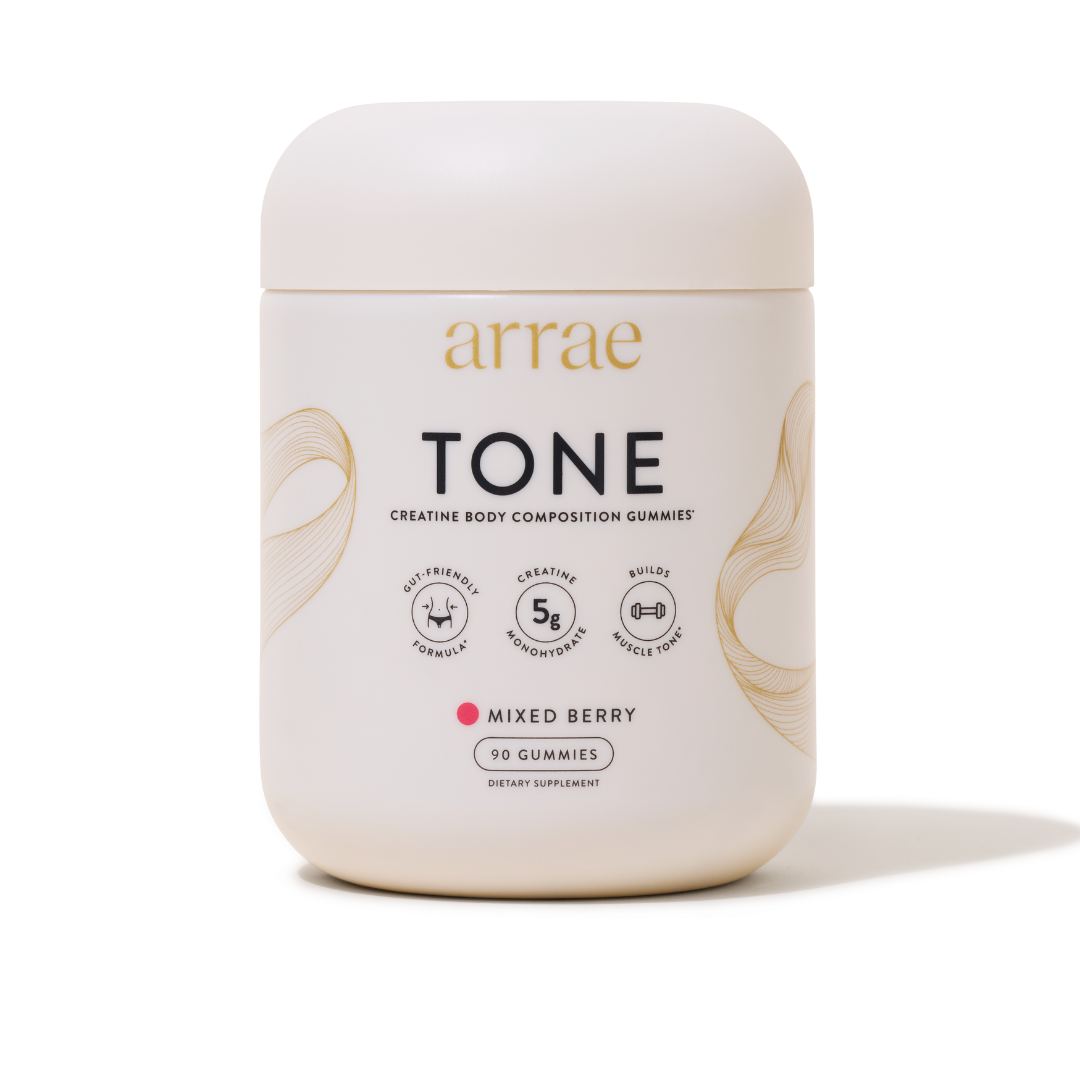


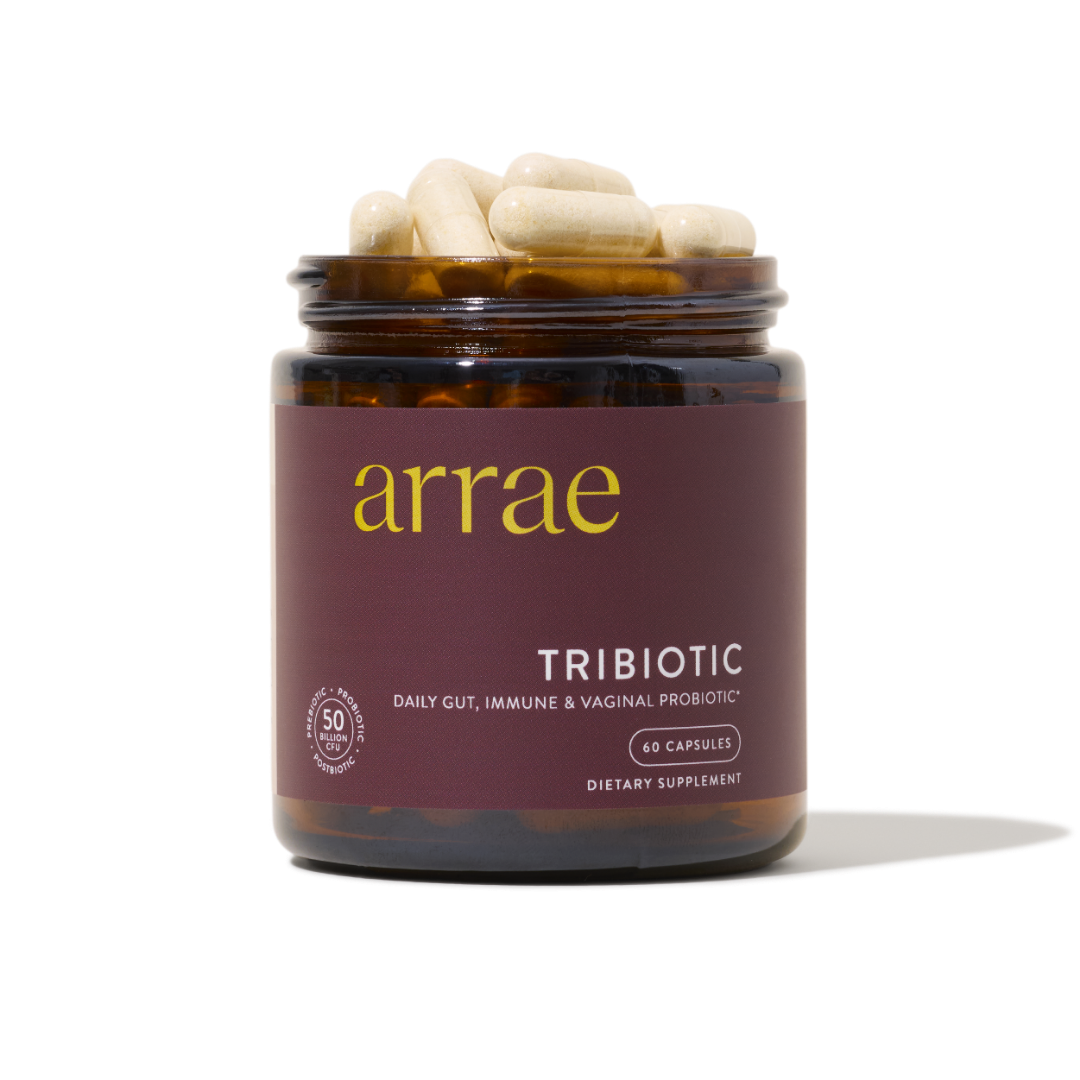
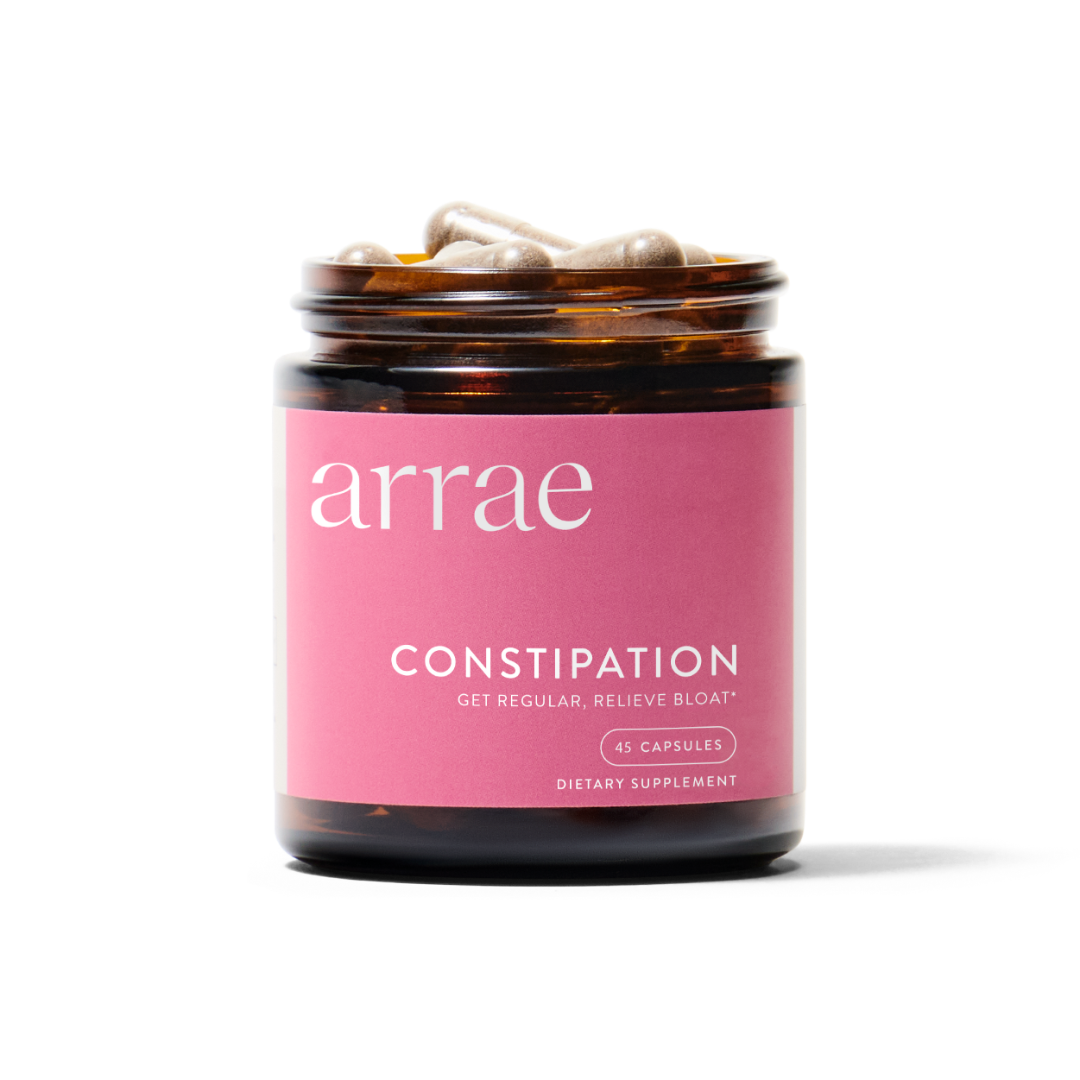





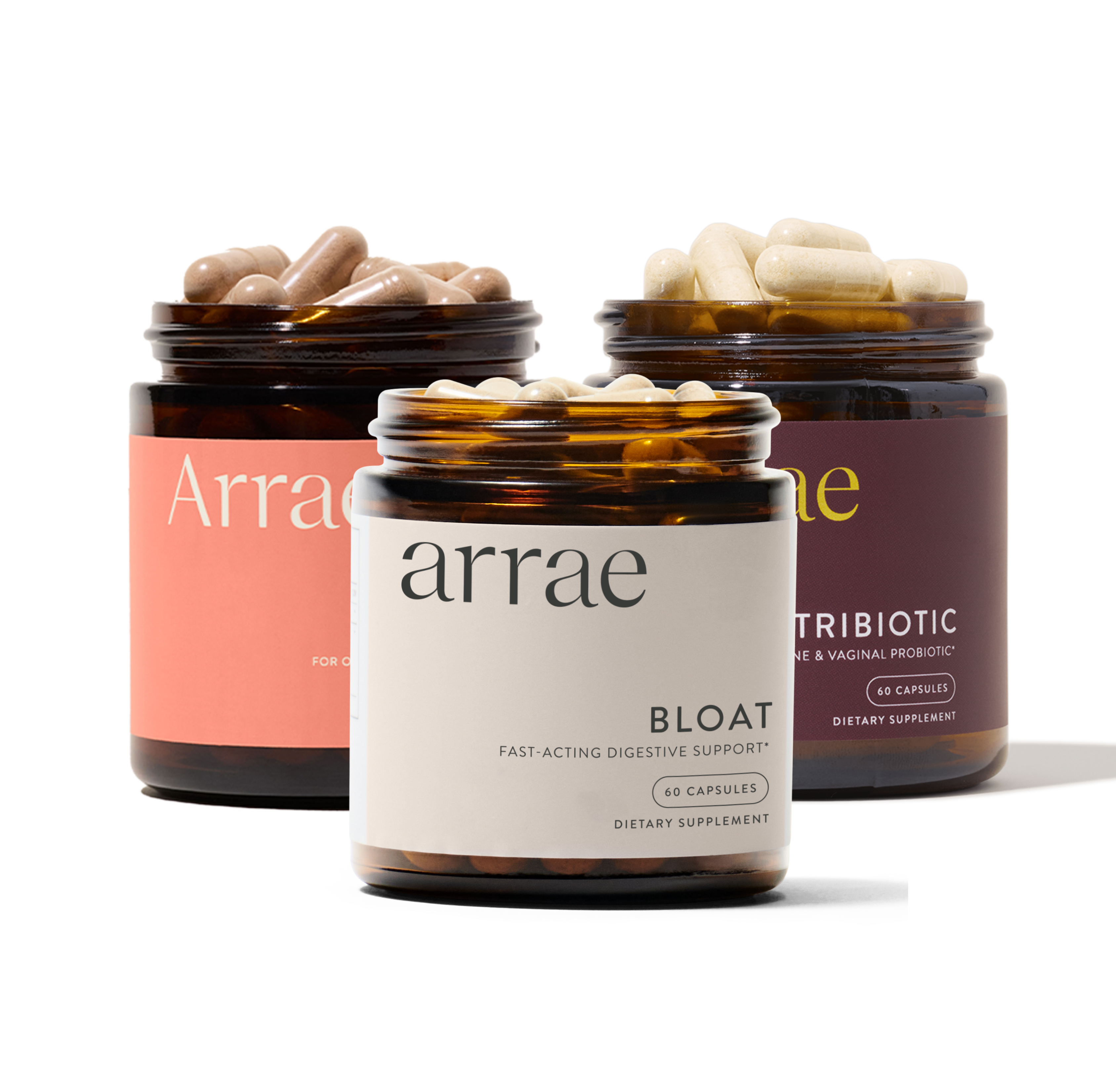
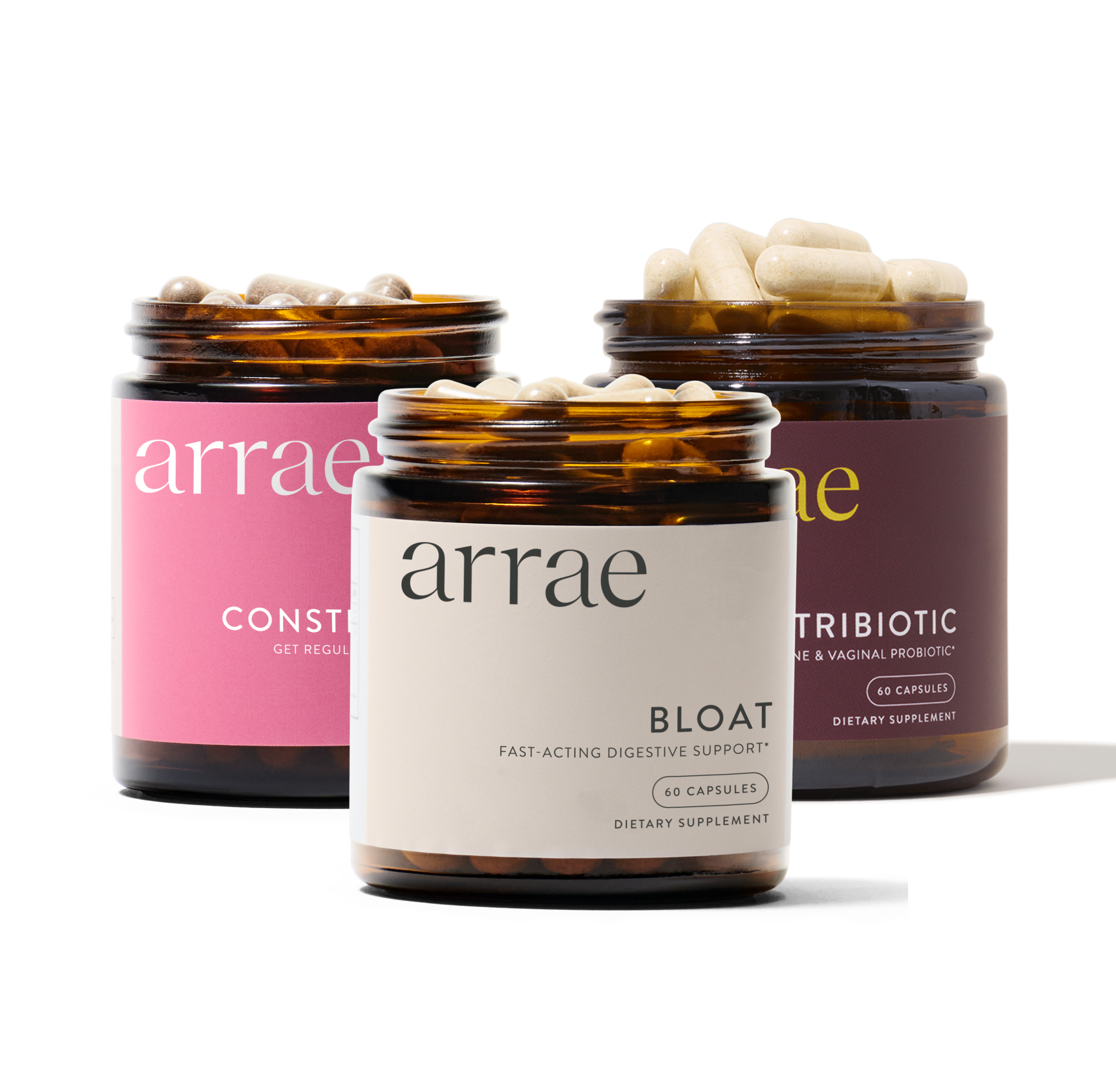








 Instagram
Instagram TikTok
TikTok Youtube
Youtube Facebook
Facebook Email
Email